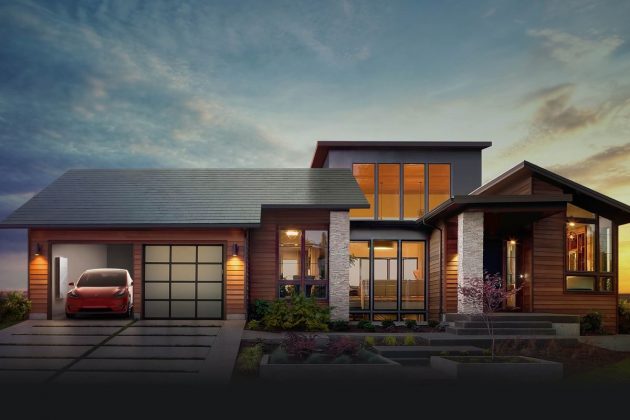Solar power is one of the fastest growing alternative power sources in America right now. It’s not hard to see why, solar power is safe, renewable, clean, and sustainable. It saves thousands of dollars in utility costs, and can add thousands of dollars to the value of a home.
With the Federal Government and many local governments offering incentives and rebates for solar power, the time has never been better for solar installation. The only question is what kind of solar panels you should get. Continue reading for suggestions on the best solar panels for your home.

Choosing Solar Panels for Your Home
One of the first things to consider is the cost of the panel vs. its energy efficiency, you may think that you should get the most efficient solar panel, but that is not always the case. The most energy efficient panels convert a higher percentage of solar energy into electricity, they are usually about 20% – 22% efficient, while the average panel is 16% – 18% efficient.
A solar panel installation with average efficiency is good for the average house; the reason is that there will be adequate space on the roof to hold enough panels to provide energy to the home. More energy efficient panels are better for smaller homes because they will need to convert sunlight into electricity using fewer panels. Your installer should consider the size of your home when helping you to choose your solar installation.
Choose an Efficient Solar Inverter
The solar inverter is what converts the DC current produced by the panels into AC current that is used in the home. The more efficient the inverter, the more energy that is converted. You will want a highly-efficient inverter if you want the system to pay for itself as quickly as possible.
Choose a solar inverter with a capacity that matches the load and promises to reduce heating. In addition, for maximum efficiency, the inverter’s idle power consumption must be minimal and little energy from the grid must be used. It’s also a good idea to use a branded inverter battery.
Types of Solar Panels
Solar panels are essential for capturing the right amount of solar power. However, what kind of solar panels do you require? Knowing which solar panels best suited for your home depending on your average energy consumption helps guarantee that you get the most out of them. So take a look at the various solar panels listed below.
Monocrystalline Silicon (mono-Si)
Mono-Si panels are the most efficient—and the most expensive—type available. They last for about 25 years and are best suited for houses with smaller roofs because of their high efficiency.
- Efficiency rating: 15% – 22%.
Polycrystalline Silicon (p-Si)
These panels are more affordable, but they are also less efficient. As a result, they are suitable for larger roofs that can hold more panels.
- Efficiency rating: 13% – 16%.
Thin Film Solar Cells (TFSC)
TFSC includes the following sub-categories:
- Amorphous Silicon (a-Si) – these have traditionally been used in applications like the solar strips in pocket calculators. A process called stacking can increase their efficiency but it still remains low.
- Efficiency rating: 6% – 8%
- Cadmium Telluride (CdTe) – this panel type is more eco-friendly than others and has one of the fastest returns on investment.
- Efficiency rating: 9% – 11%
- Copper Indium Gallium Selenide (CIGS) – these types of panels are very thin and flexible, giving them more application possibilities than other panel types.
- Efficiency rating: 10% – 12%
Building-Integrated Photovoltaics (BIPV)
This is a relatively new category; in this case the panels are seamlessly integrated into different parts of the house so they don’t look like solar panels at all. An example is solar panels built directly into the shingles of the roof, thus negating the need for traditional solar installation. The efficiency rating of BIPV varies based on the type and number of cells used.
Darker BIPV panels have similar efficiency ratings with regular solar panels, while the transparent ones are best to install on skylights, windows, and any other similar surface. Since transparent BIPV panels allow lower levels of solar radiation to penetrate, they’re less efficient than regular solar panels. However, innovation continues to advance BIPV with promising capabilities to offer in the future.
BIPV-powered systems are also more expensive than solar panels. However, because BIPV may be integrated directly into your home’s building component, you’ll find it efficient and cost-effective in the long run. In addition, it also provides daylight illumination, thermal insulation, weather protection, noise reduction, and greater safety for your home, making it an excellent renewable energy source.
How to Choose the Right Solar Panel Manufacturer
Your installer can help you narrow down the list of companies to choose from, but you can start the process by visiting solar panel review websites. You should choose a company with a 20 – 25-year warranty that you think will still be around in 20 – 25 years. Companies like LG, Panasonic, and Hyundai have already been around for over 25 years so they are safe bets.
As always, you should consult your installer before making a final decision, whether you’re planning a solar panel installation in Los Angeles, Florida, or anywhere in America. The right installer will put you on the right path to solar freedom.














